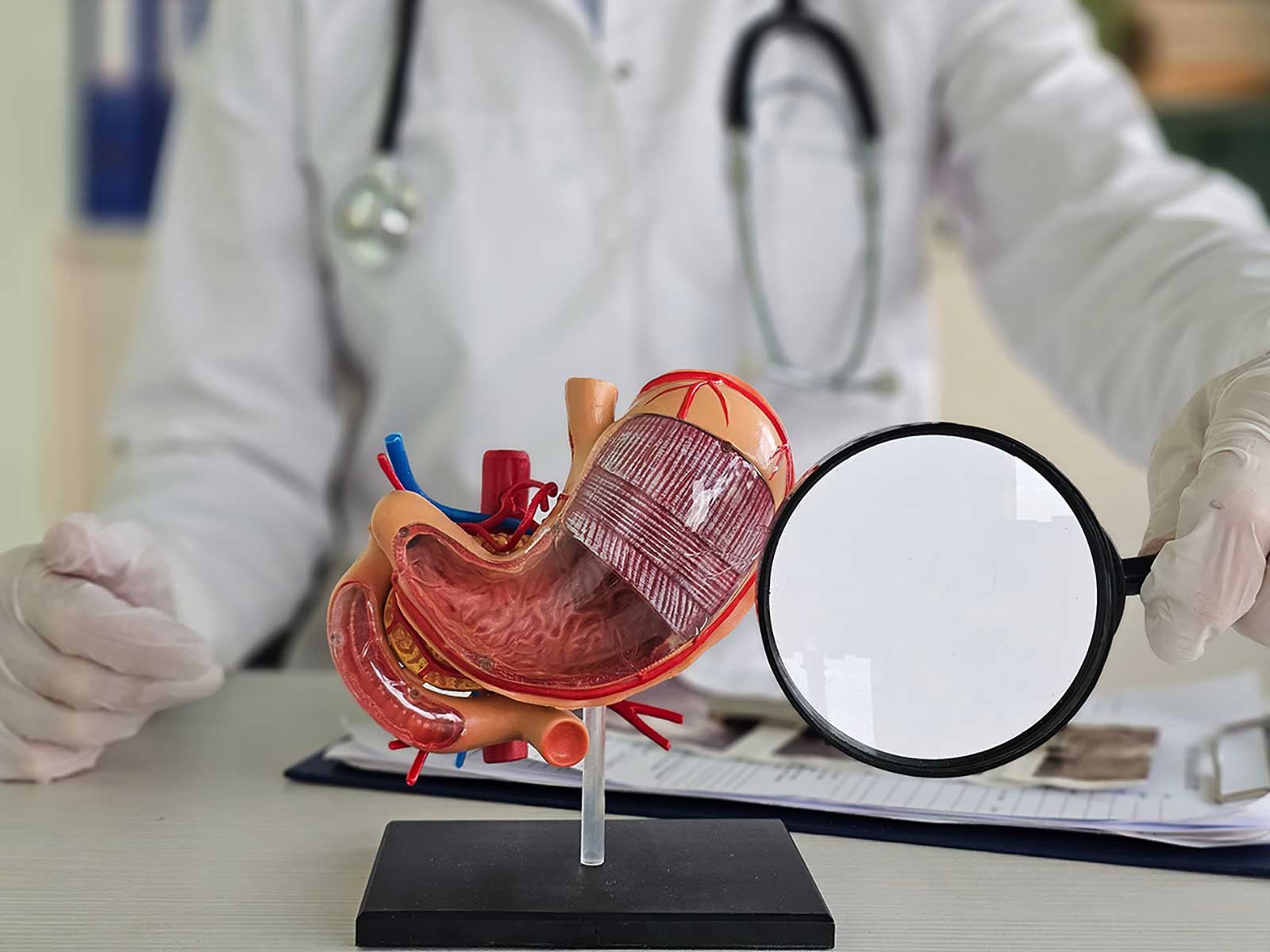
Erosive gastropathy is caused by the development of little tears or ulcers in the stomach lining. Whereas simple gastritis (merely inflammation) can do so, erosive gastropathy can manifest itself as swelling, areas of minor bleeding, and (in more severe cases) defined erosions. Permanent use of Chronic case has its ICD code K29.5 and bleeding form has ICD K29.7.
The conditions can be general low levels of discomfort and even the sign of hemorrhage. Look out for:
The damage of the stomach lining can happen on the reason of a variety of factors:
Do not wait because you have stomach pains, black stools or believe that you are bleeding. Book your personal reservation and come to GastroDoxs in Houston. Travel to Houston. Our crew is no exception and is definitely ready to provide fast and professional assistance and demonstrate the direction to rest and recovery.
We've successfully treated more than 1.5K patients, helping individuals improve their digestive health and overall well-being through expert, personalized care.
With over 20 years of experience, GastroDoxs has been a trusted provider of gastroenterology care, focusing on delivering the best outcomes for patients
Erosive gastropathy is the disease of the stomach lining developing small holes or swellings, which in most instances are swollen and may or may not deprive the blood.
As a result of its diagnosis, the physicians are mainly inclined to use upper endoscopy, through which the gastronomic lining is examined head-on with the help of a flexible camera and the exclusion of erosions or bleeding.
The code of chronic erosive Gastropathy according to ICD-10 is K29.5. It is code K29.7 in case of active bleeding.
The most sensitive type of the disease that is linked to acute bleeding that is sudden in amount is acute hemorrhagic erosive gastropathy which is caused by the erosions of the stomach lining.
Yes. The patients might experience the chronic and gradual blood loss and, therefore, make weak or the bleeding might be fundamentally severe and should be addressed with the medicine.
This too can be addressed by medication that bretch stomach with acid reducing (PPIs or H 2 blockers), endoscopies where bleeding is warded off using endoscopy, and to eradicate this H. pylori antibiotics may be administered (when appropriate).
Gastritis is the inflammation of the stomach mucosa without sores. Erosive gastropathy is a condition that is defined by the true holes or carvings on the lining which are often bleeding.
It is a medical ailment that you must consult a doctor when you experience continuous pain in your upper abdomen or dark or tar stool, or vomiting up blood.
Yes. It should avoid small and bland food, alcohol, spicy food, and NSAIDs because it would lessen irritation and aid in healing of the stomach lining.
In Houston GastroDoxs should be called in to make a reservation. Our team is associated with a rapid diagnosis, individual treatment programs, and professional follow-up.